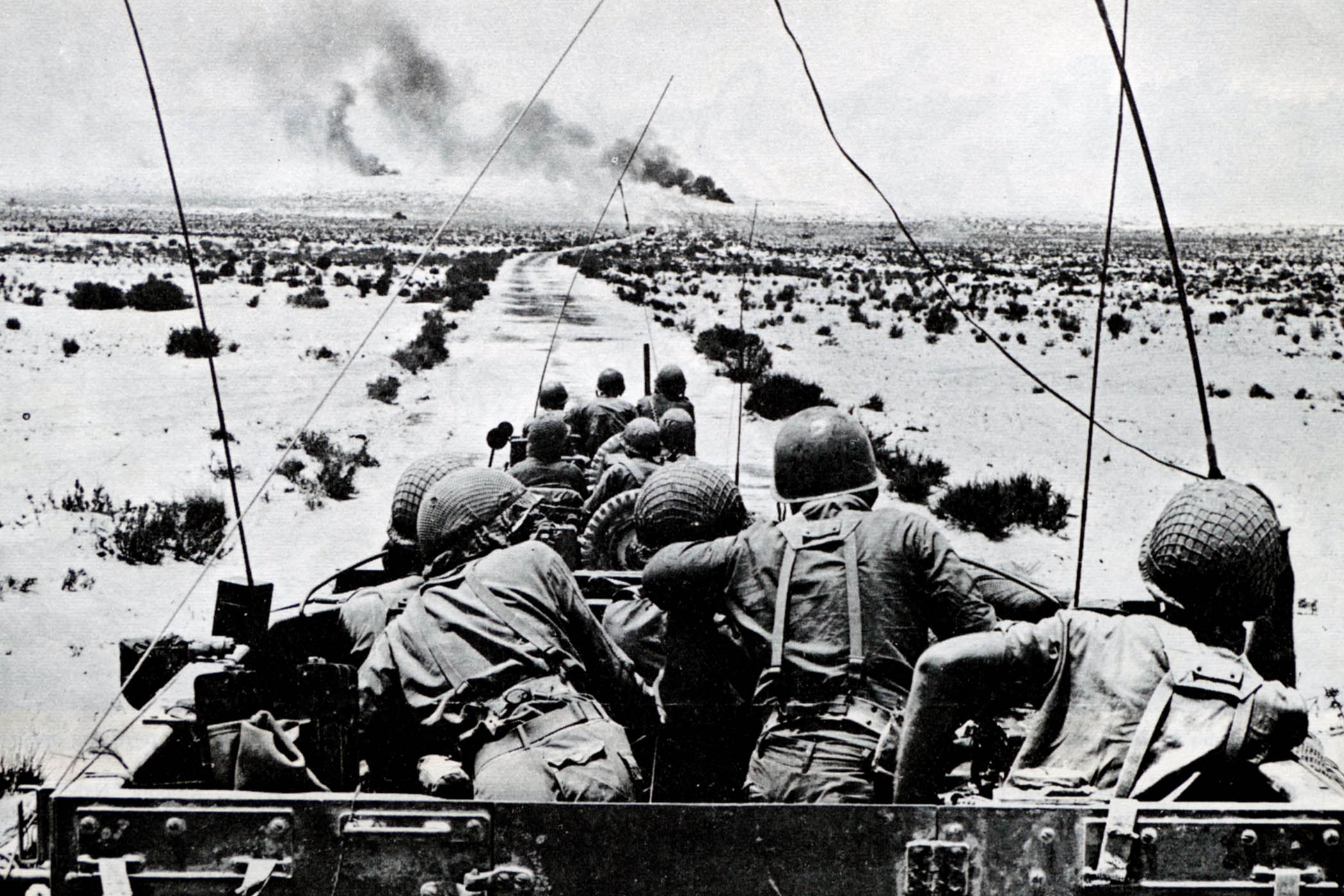The Names
Florence Knapp
Phoenix, £16.99, pp352
The Names, Florence Knapp’s debut novel, may well be the most devastating book you read this year. It starts with a simple premise: Cora is reminded by her husband, Gordon, to register the birth of their new son while he is at work.
So Cora goes to the registrar’s office with their nine-year-old daughter Maia and the baby boy. There she has a decision to make: should she name the baby Gordon, following her husband’s family tradition; should she choose Julian, the name she loves; or should she follow the whims of Maia and go for Bear, which the little girl thinks “sounds all soft and cuddly and kind… but also, brave and strong”?
From there the story divides. The novel follows this family along three paths, each section jumping ahead a few years and showing what happens when the boy is named Bear, Julian and Gordon.
It’s a straightforward idea that becomes complex as Knapp asks us to hold in our heads three concurrent yet totally different lives. And, because of the topic at hand, it’s immensely powerful.
Gordon is a domestic abuser, and Cora fears the repercussions of not following his instructions. Indeed, when she tells him she has chosen the name Bear, he is violent, slamming her head against the fridge. But he is also violent when she names the child Julian.
Related articles:
He is content to be told his son has been named Gordon – until later, when Cora asks him for money to buy baby formula and he stuffs cotton wool into her mouth until she gags.
The novel’s intricate structure is so clever because it lets us believe that what we do matters, only to be undercut by the reality of what it is to be in a relationship with an abuser: Gordon will abuse Cora regardless of her actions. She does not drive him to it. It is not her fault.
Newsletters
Choose the newsletters you want to receive
View more
For information about how The Observer protects your data, read our Privacy Policy
And yet, of course different actions change the course of things. In one life, Cora and the children escape. In another, Gordon kills her. In the most upsetting sections, Cora stays with Gordon, undermined by him to the point that he does not allow her to have her own key, money, friends or phone.
“She has no idea of her likes and dislikes... She is barely a person at all,” Knapp writes, heartbreakingly.
Knapp’s narrative is gentle when it needs to be, and tough elsewhere. There are evocative moments, but sometimes plain language is most impactful – and Knapp totally gets this, moving between the two with ease.
The Names is a wildly original and emotionally profound novel, and details from it have not stopped swimming around my head in the weeks since I finished it.
Order The Names at observershop.co.uk to receive a special 20% launch offer. Delivery charges may apply



